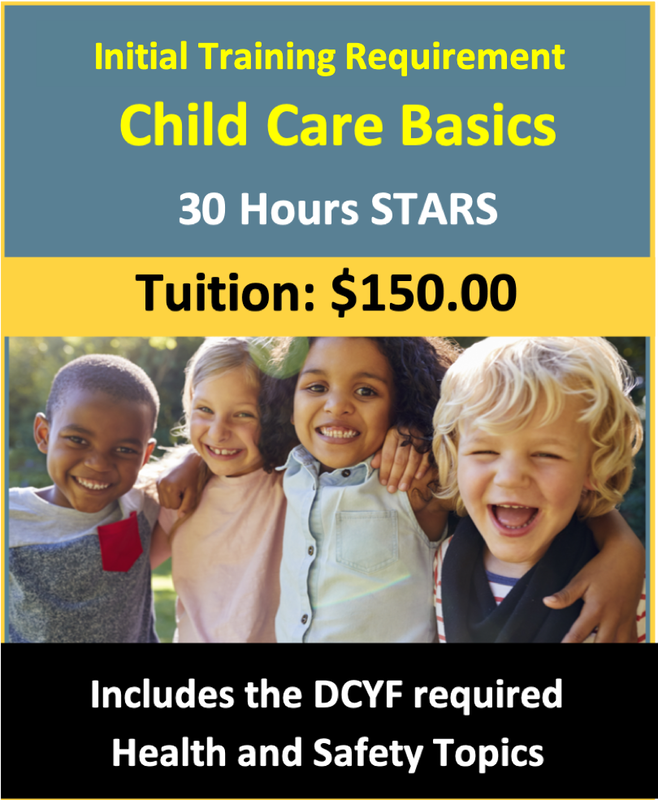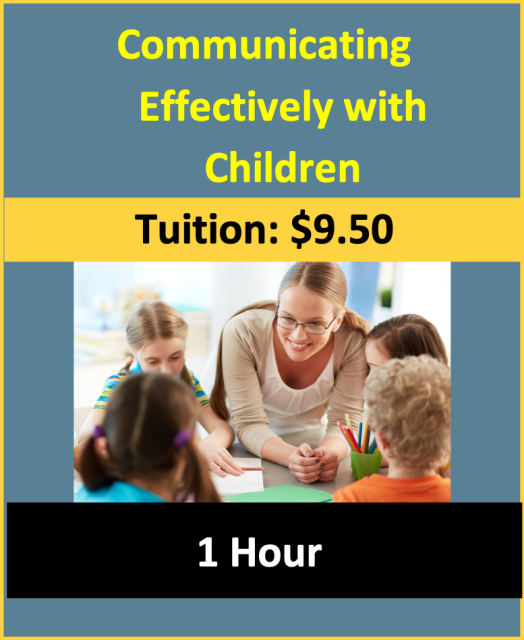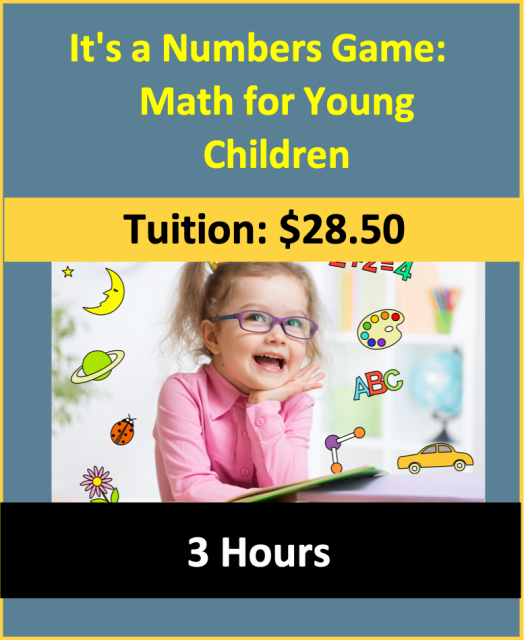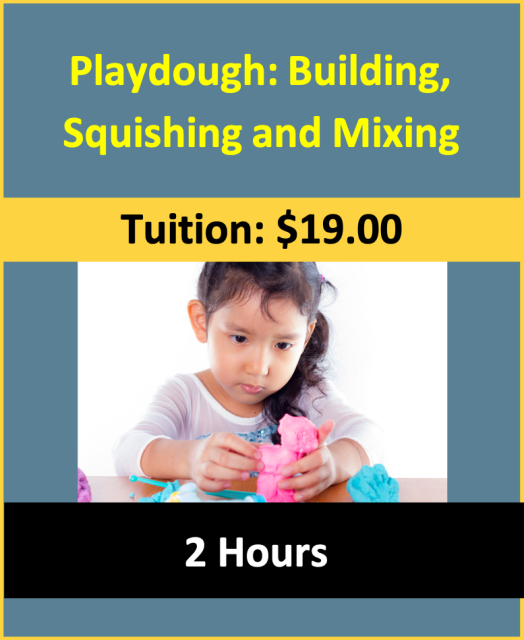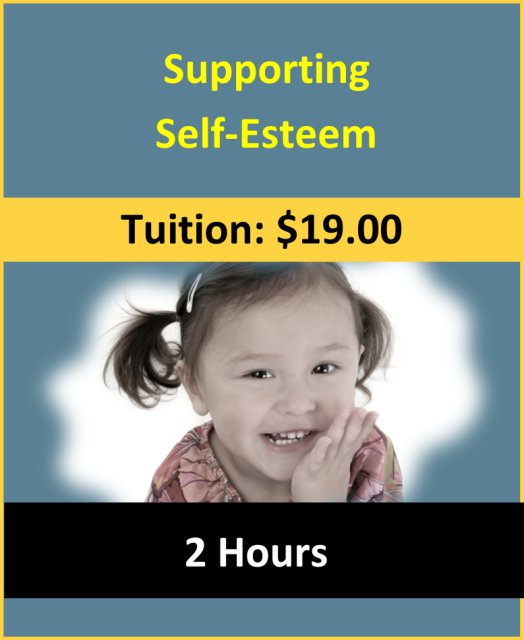From Our Guest Contributors
Ashleigh Barraza
|
5/22/2014
There are hundreds of sibling sets in foster care system. Many of whom have been separated into different foster homes. There are many reasons for separating siblings; Severe parentified behaviors, large sibling sets (usually 4+ children), medical needs, housing availability, family willing to take certain children above others (kinship care)… etc. In our state, a foster home is allowed to host a maximum of 6 children (biological + foster children). The number of children you are licensed for is determined by the square footage of your home, and the number of people already residing in the home. You may also specify the age range and gender of the children you would like to have placed in your home. We were authorized for up to 3 children, but chose to be licensed for 2 children, ages 3 years and older, and are licensed for both genders. No one likes to see siblings separated. Social workers do their best to keep children together, but it doesn’t always work. When children come into care, they are sent to a receiving care home. Those homes are available to children at all hours. Receiving care foster parents sleep with a phone in one hand. These homes usually have 1-2 beds open for receiving care, and the other beds are filled by foster children who reside in the home. While in the lobby of my foster care agency today, a call came in for a sibling set of 15 children. All of our case aids, case managers, and social workers sprang into action. Within an hour they had secured 6 homes that were able to take in the children. The children are then assigned to a social worker, who will pick up the children from their location and transport them to their receiving care homes. These homes will house the children for up to 30 days, at which point they will be given a foster home or sent to live with an approved relative (which may include returning home to the family of origin). Often times the children are welcomed to stay in their receiving care homes, and those homes then become their foster homes. Often, a biological mother will become pregnant while her children are in care. In those cases the newborn may be sent into foster care upon birth. A good social worker will contact the foster homes where siblings are placed and attempt to place the newborn in one of those homes as an effort to maintain the biological bonds. If no foster family is able to take in the newborn, they will be sent to another foster home for the duration of their time in the foster care system. As a foster parent, it is never easy to juggle multiple siblings in equally as many homes. Our foster child has two known siblings, in two different homes, each about an hour away (in different directions). My wife and I acknowledge that it is our duty to our foster child, to keep the sibling bond alive. We do so by communicating daily with the homes of our foster child’s siblings. We discuss the children’s case, day-to-day issues, and schedule play dates where the children can interact and maintain their bond. We also keep framed photos of the siblings in our foster child’s bedroom. Ways you can help foster children maintain their bonds with siblings; Toys, books, and games to your local foster care agency, or Department of Child and Family Services. You may specify that they are used in the visitation rooms, or sent to families hosting sibling sets. You can also seek out your local Foster Care Association and offer to volunteer or make a donation. |

